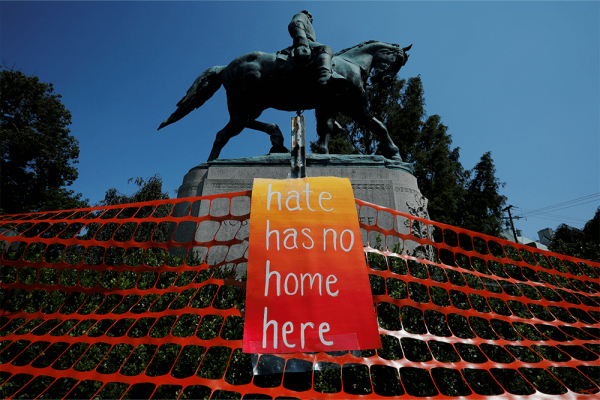Aug 11, 2022
The tiki-torch-wielding marchers who shouted, “Jews will not replace us!” were an extreme manifestation of white Christian nationalism, a political ideology that implies one must be a Christian to be a “true” American and that the growing presences of non-whites and non-Christians are a threat to “traditional” values. People who espouse this ideology believe “real” Americans are Christians who have a specific policy perspective; they feel the need to “take back” their country from those who they believe threaten it.
Read the Full Article

Already a subscriber? Login
